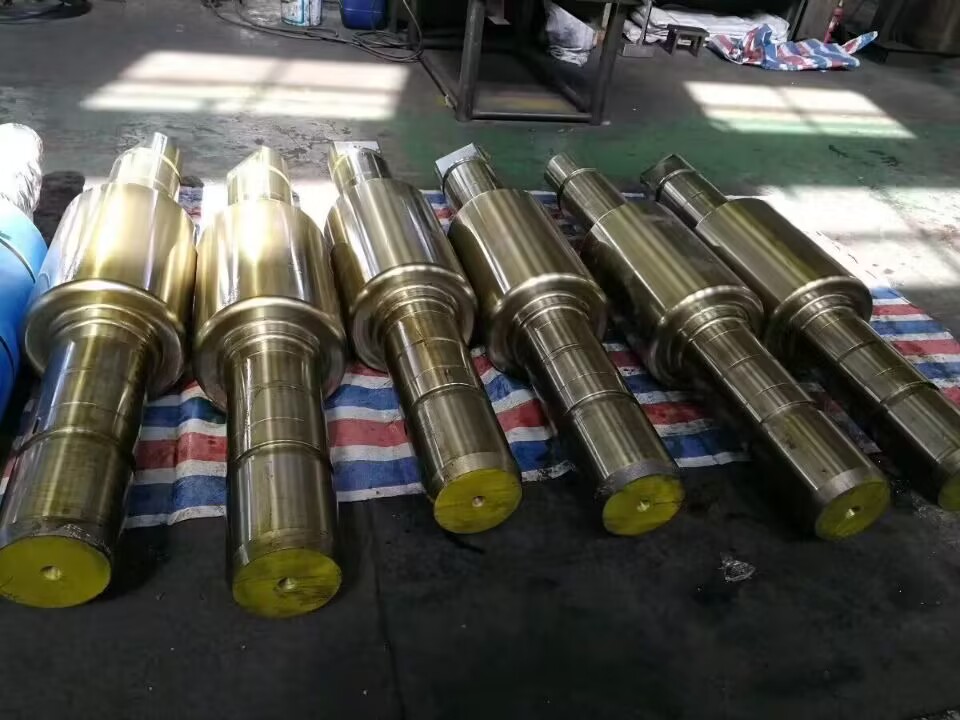In the world of steel production, rolling mills are the backbone of the industry. These highly advanced machines transform slabs of metal into sheets, plates and a variety of other products through a series of carefully designed rollers. Among these rolls, backup rolls and work rolls play a vital role in ensuring the efficiency and quality of the process. In particular, hot rolls have been game changers, revolutionizing steel production. This blog aims to shed light on the importance of these volumes and their impact on the industry.
1. Support roller:
Backup rolls are an important part of a rolling mill as they provide support and stability to the work rolls. They are subjected to the enormous pressure and heat generated during rolling. The reliability and durability of these rolls directly affects the quality and consistency of the final product. Using high-quality rolls and advanced manufacturing techniques, backup rolls keep rolling mills running smoothly, minimizing downtime and increasing overall productivity.
2. Work roll:
The work rolls are the main rolls responsible for forming and flattening the metal. They are in direct contact with the material being rolled and are subjected to great mechanical stress, including bending and deformation. Therefore, the work rolls must have excellent hardness, toughness and heat resistance to withstand the rigorous conditions of the rolling mill.
3. Hot roll:
The hot roll is a recent innovation that has revolutionized steel production. Traditionally, steel sheets are rolled at high temperatures and then cooled before further processing. However, the hot rollers do not need to be cooled, which saves a lot of time and energy. By maintaining higher temperatures during rolling, hot rolls enable faster production rates and improved material properties. This innovative approach reduces operating costs, increases efficiency, and produces high-quality steel products.
Backup rolls, work rolls and hot rolls are integral parts of modern rolling mills. They ensure optimum performance of machinery and help to increase the efficiency and quality of steel production. As technology continues to advance, it is critical for manufacturers to invest in state-of-the-art rolls to remain competitive in the industry. By doing so, steel producers can maximize production, minimize downtime, and meet the growing demands of today’s global marketplace.
Post time: Nov-27-2023
